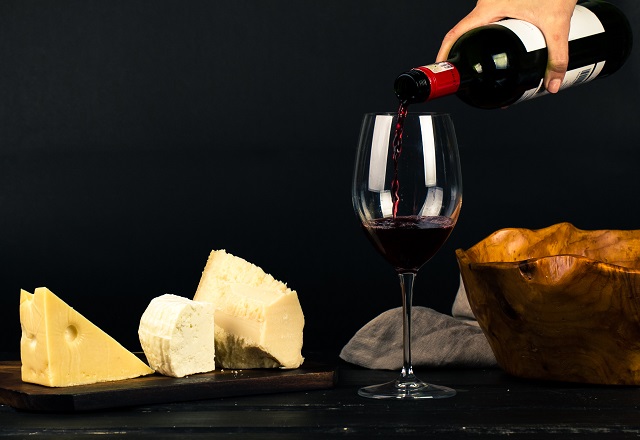Posted: Sep 09, 2020

Wine language is so often absurd that it’s a punchline. Notes of smoldering tobacco or forest underbrush or underripe Jonagold apple — it sounds almost farcical in its specificity. Even worse is when the descriptor is inedible. How many people have actually tasted a wet river stone, anyway?
But now, it’s becoming clearer than ever that the conventional language used to describe wine isn’t merely intimidating and opaque. It’s also inextricable from racism and sexism, excluding dimensions of flavor that are unfamiliar to the white, Western cultures that dominate the world of fine wine and reinforcing retrograde notions of gender.
I’m always thinking about words, but this summer, I’ve been thinking about language in new ways, particularly in how seemingly innocuous words can have a larger impact. As the country confronts its entrenched social inequities with fresh urgency, the world of wine has experienced a radical call to action, too. My conversations with wine professionals like Jirka Jireh and Martin Reyes for a recent story about the need to improve wine education for BIPOC really put into focus just how limited and unwelcoming the established wine lexicon can be.
The conventional words used to talk about the taste of wine may be excluding large groups of people from wine, as both makers and drinkers. For starters: The vocabulary used for fine wine is nearly exclusively rooted in flavors and aromas familiar to western Europe. This idea came up a lot in recent discussions about the wine industry’s lack of racial diversity, especially with Jireh, who told me that early in her career she was conditioned to “mold” her palate to a French ideal, even though French flavors weren’t evocative for her.
Consider the extent to which French words have crept into English-language wine talk. A Blanc de Blancs sparkling wine tastes like brioche. Inky Cabernet Sauvignons recall cassis, a flavor of concentrated, ripe black currants. Grenache blends have the distinctive taste of garrigue — a specific combination of herbs like lavender and sage that grow near the Mediterranean coast.
By Esther Mobley
Source:sfchronicle.com
September 8, 2020
Go-Wine's mission is to organize food and beverage information and make it universally accessible and beneficial. These are the benefits of sharing your article in Go-Wine.com


The Wine Thief Bistro & Specialty Wines is a locally owned small business in downtown Frankfort, IL offering world class wines in a relaxed, casual gathering spot for friends and family. Offering world class virtual tastings and touchless carryout.
https://www.twtwineclub.com/aboutus
Go-Wine 25 Great Wineries in US selection prioritizes quality, value and availability.
www.go-wine.com/great-wineries-in-america
Tasting wine is a nice experience, but visiting the places in which wine is made is a magic moment. Available in New York City for touchless pickup.